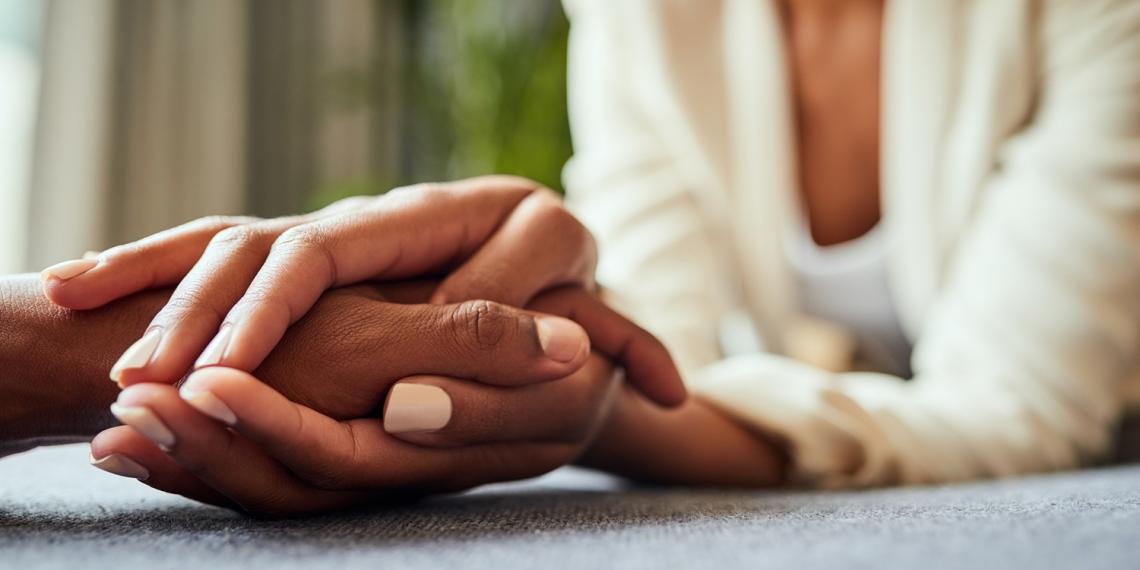Choosing to trust

Trust is one of the most important things in healthy relationships, right? It’s usually listed as a non-negotiable quality in a perspective partner, and broken trust is often behind the breakdown of relationships.
Danny Silk, author and founder of Loving on Purpose, says that ‘powerless people’ create patterns of manipulation, broken communication, and dysfunction in relationships because of a lack of trust in people. ‘The only way powerless people can break these unhealthy patterns is to overcome their habitual mistrust and develop new trust-building habits in their lives,’ he says.
Our ability to trust begins to develop very early in life: ‘From the moment we enter into the world, our deepest need is to love and be loved by other human beings, and to develop lasting relational bonds,’ says Silk. ‘This need is met as we consistently complete trust cycles in our interactions with other people, specifically with our primary caregivers.’
So, what is a trust cycle?
- You have a need
- the need is expressed
- there is a response to the need
- the need is satisfied.
But the problem is that this trust cycle can break down at any point. ‘Trust is damaged if people fail to identify and express their needs, if the other person does not respond to the need or responds in a negative way, or if the need is ultimately not met,’ says Silk.
We all experience broken trust throughout our lives. As children, we are raised by parents who make mistakes and bring their own brokenness into that role, despite their best intentions. ‘If these wounds aren’t healed and truth and trust restored, they will fester, damaging our ability to create intimacy and connection in relationships,’ says Silk.
There are some key questions we ask when approaching relationships: ‘Can I trust you? Can I trust you with all my heart? Can I trust you to love me unconditionally and help meet the need for relationship in my life?’
Just as the tint in our sunglasses affects how we see colours, the emotional lens we wear affects our relationships. When our lens is one of powerlessness—wounding and mistrust—we attempt to answer our questions by guessing what the other person might do.
But when we can heal those wounds and rebuild trust, the lens we wear is powerful thinking. This will help us to recognise that regardless of what the other person does, we can choose to trust. ‘Just as Jesus chose to trust Judas even though he knew Judas would betray him, so we can make the powerful choice to say “I will trust you. You don’t control my trust. I do,” says Silk.
Are you willing to work towards emotional health and allow wounds that drive mistrust to heal? Wouldn’t you rather live powerful and free, than powerless, driven by manipulation and dysfunction?
Take a moment to reflect on the people in your life. As you ask the question, ‘Can I trust you?’ take up Silk’s challenge and offer a powerful response: ‘I trust you because I choose to trust you.’
Source: lovingonpurpose.com
